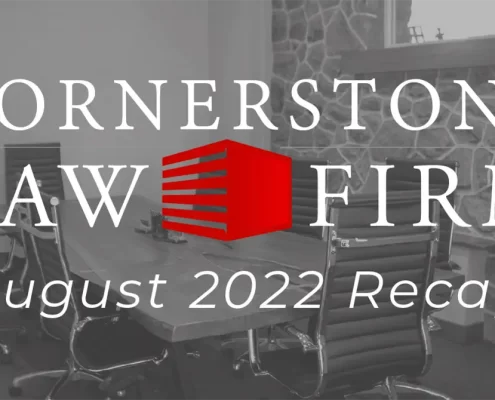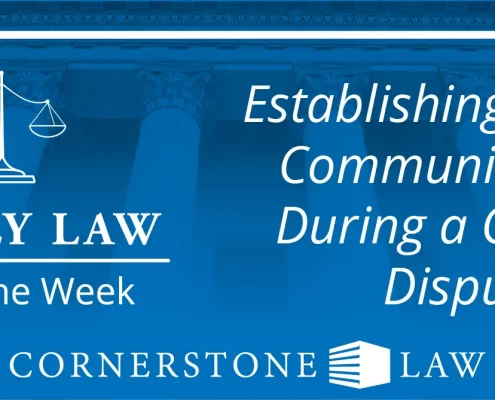
Seeking an Amicable Divorce by Working with the Same Attorney
Custody, Divorce, Family LawWelcome to Family Law Tip of the Week, a regular series on our blog where we offer tips on how to go through divorce and custody disputes in an amicable way. Divorce should always be a last case resort but if you are going through it, we want…

Modifying Custody
Custody, Divorce, Family LawIf you’ve reached a custody agreement with someone, it’s not set in stone forever. Circumstances change, people change, and of course custody arrangements have to change. This is especially true if you reach a custody agreement with someone…

When Winning Feels Like Losing
Custody, Divorce, Family LawThere is nothing more important in life than your kids. Fighting over who will have custody of your kids is the most stressful thing that most people will ever go through. From the first conversation with your lawyer to the last, you will be…

What is the penalty for filing a false PFA in Pennsylvania?
Civil Law, Custody, Divorce, Family LawWhen someone lies in a Protection from Abuse petition, an incredible amount of consequences follow for everyone involved. The person who is named as the defendant in a PFA temporarily loses access to their guns and is often evicted from their…

August 2022 Review
Berks County, Business Law, Criminal Law, Divorce, Family Law, Landlord/Tenant, Personal Injury, UpdatesThis month the attorneys at Cornerstone Law Firm have been busy with:
landlord/tenant actions all over the state
personal injury cases that are settling and going to court
insurance disputes
contractor fights
a trade secrets…

Lions and Tigers and…Gerbils? — Pet Custody in Pennsylvania
Divorce, Family Law, PropertyThe divorce process is a difficult one no matter the circumstances. Most issues related to this process carry an emotional component. While we would expect emotions to run high when the parties are deciding issues such as custody and the disposition…

Who Gets the House After Our Break-up?
Divorce, Family Law, PropertyWhen you live with someone but are not married, this can create a host of legal issues, particularly when one moves out after a break-up. Who gets the house? If one person owned the house and the other simply lived there, and if that person…

Family Law Tip of the Week – Good Manners Win
Custody, Divorce, Family LawWelcome to Family Law Tip of the Week, a regular series on our blog where we offer tips on how to go through divorce and custody disputes in an amicable way. Divorce should always be a last case resort but if you are going through it, we want…

Family Law Tip of the Week - Setting Realistic Expectations
Custody, Divorce, Family LawWelcome to Family Law Tip of the Week, a regular series on our blog where we offer tips on how to go through divorce and custody disputes in an amicable way. Divorce should always be a last case resort but if you are going through it, we want…

Establishing Healthy Communication During a Custody Dispute
Custody, Divorce, Family LawWelcome to Family Law Tip of the Week, a regular series on our blog where we offer tips on how to go through divorce and custody disputes in an amicable way. Divorce should always be a last case resort but if you are going through it, we want…
